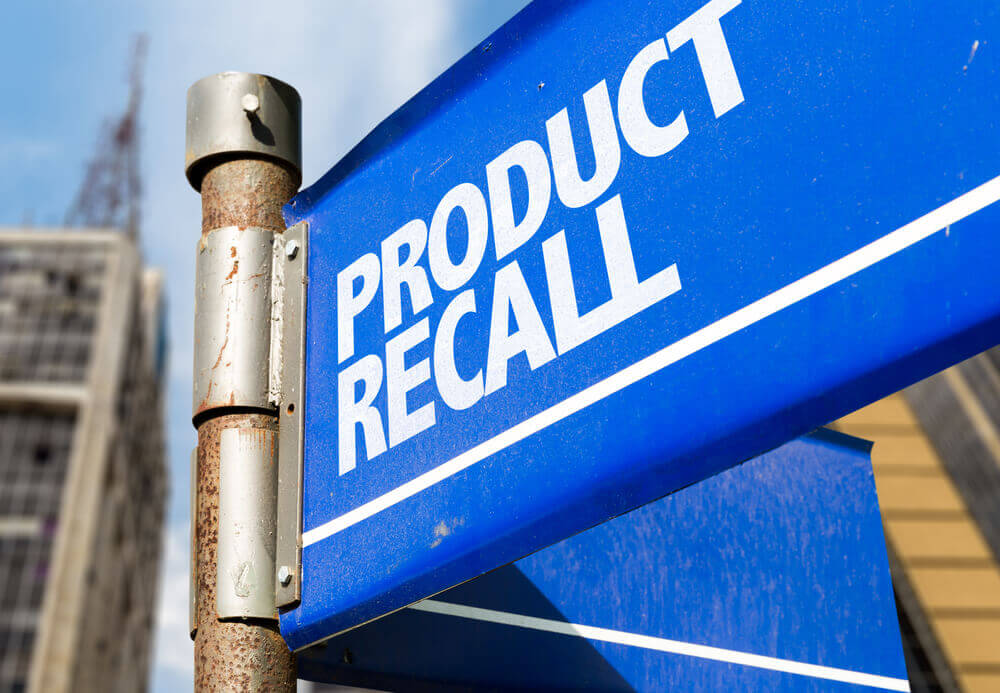Despite major health concerns and shockingly low retrieval rates, the FDA hasn’t issued an IVC filter recall. This article lists complaints leading to IVC filter lawsuits and supporting an IVC filter recall.
If you still have your inferior vena cava filter but your pulmonary embolism risk’s passed, speak to your doctor about removal. Since 2014, the U.S. Food and Drug Administration has recommended removal of temporary IVC filters within 60 days of implantation, as long as there’s no immediate embolism risk. Retrieval failure may carry serious health risks. Mounting evidence about failed IVC filters suggests that over time, they may be as dangerous as the medical conditions they’re designed to prevent. As a result, some consumers are calling for an IVC filter recall.
IVC Filter Recall: Because It’s A Permanent Solution for a Temporary Problem
IVC filters are cage-like medical devices surgically implanted your body’s largest vein—the inferior vena cava. This is done in order to prevent blood clots from traveling to your heart and lungs, causing heart attacks, stroke, and even death. For many years, doctors used permanent filters to prevent dangerous blood clots from traveling within the body. But for many patients, the actual thrombosis (clotting) threat is temporary. The real question: Why insert a permanent solution for a temporary problem?
The answer came in 2002, when manufacturer C.R. Bard released a retrievable IVC filter. This retrievable filter’s designed for easy removal after the blood clot threat subsides. But almost immediately, patients reported serious complications related to failing devices. In most cases, the filters stayed in too long, causing health problems.
Your physician attaches a functioning IVC filter attaches directly to your inferior vena cava inner wall. Over time retrievable IVC filters may weaken, causing them to move or even break off and pass through your cardiovascular system. In these cases, the devices themselves may travel to your lungs or heart, causing strokes or heart attacks. In other words, just like the clots they’re supposed to prevent, leading injured patients demanding an IVC filter recall.
IVC Filter Recall: Failing Devices and FDA Updates
Between 2005 and 2010, healthcare providers registered 146 cases of damaged IVC filters causing embolisms. More than 1,000 cases reported some failure related specifically to C.R. Bard’s retrievable IVC filter devices. Responding to these concerning reports, the FDA recommended physicians closely monitor any patients with retrievable filters. In addition, the FDA stated doctors should remove these filters as quickly as possible. In 2014, the agency issued a follow-up report based on Journal of Vascular Surgery findings. That published research suggested doctors remove temporary IVC filters within 59 days post-implantation.
What Happens Next?
Over the past 15 years, C.R. Bard designed two different retrievable filters. After substantial evidence showed flaws in the “Recovery” model, Bard released the “G2” in 2005. This new model promised to correct problems associated with Recovery. Unfortunately, it proved to be equally dangerous as its predecessor. Despite independent study findings and FDA warnings, Bard kept G2 on the market until 2010. In other words, thousands of patients may still have the flawed devices within their bodies. Rather than issue an IVC filter recall, Bard continued selling potentially flawed medical devices.
Although the recommended 60 days has passed for many patients with Bard IVC filter implants, it may still possible to have the devices removed before a potential health complication occurs. IVC filters, when they fail, generally shift position or break apart—and pieces travel through the body, causing damage. Given Bard’s IVC filter track record and potentially serious, life-threatening risks, it’s very important that patients ask their doctors about device removal. Because risk increases the longer it stays inside your body, talk with your doctor as soon as possible.
How to Check Your Eligibility for a Cash Settlement
Fill out your free IVC filter claim evaluation form today to see if you may qualify for compensation. An attorney in your area will contact you to discuss how to get the justice you deserve.
Jared Heath
Jared Heath is the author of The Sound in the Silence. In his role as an SEO content and digital marketing strategist, Jared was directly responsible for managing DrugJustice.com's editorial calendar and published articles on this website from 2015 to 2016. He is now pursuing a new career as a chiropractor.

